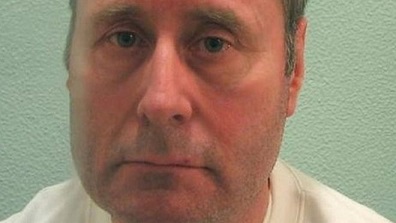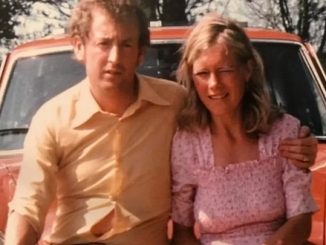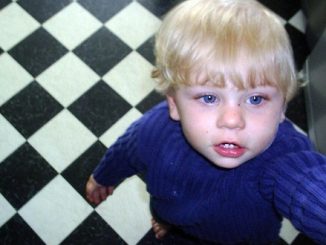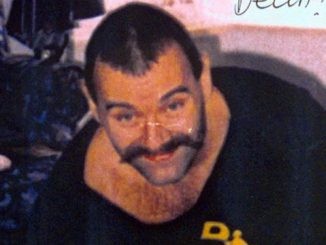
A decision by the Parole Board to release the rapist John Worboys has been quashed, prompting the board’s chairman Nick Hardwick to resign.
The legal challenge by two victims was upheld by the High Court, and the Parole Board praised the “bravery” of the women who brought the action.
Worboys, 60, has served 10 years, including remand time, of an indeterminate prison sentence.
Mr Hardwick said he was resigning immediately.
In his letter of resignation, Mr Hardwick said Justice Secretary David Gauke had told him his position was “untenable”, adding he was “sorry for the mistakes that were made in this case”.
Lawyers for the victims said it looked as though he had been “scapegoated” for wider failings.
Worboys, who is now known as John Radford, was convicted of one rape, five sexual assaults, one attempted assault and 12 drugging charges – but police believe he committed crimes against more than 100 women between 2002 and 2008.
After a hearing about his case in November, the Parole Board decided to approve his release with “stringent” licence conditions, arguing its decision was based on appropriate evidence.
But the High Court judges said the Parole Board “should have undertaken further inquiry into the circumstances of his offending”.
The case will now be referred back to the Parole Board.
Justice Secretary Mr Gauke congratulated the victims on the “unprecedented legal action” and announced plans to examine Parole Board rules, which could make the system more open.
Responding to a question in PMQs, prime minister Theresa May agreed the victims should never have had to face their attackers in court and that the ruling “gave rise to serious concerns”.
London Mayor Sadiq Khan, who brought the challenge with the two victims, said the decision would bring “some reassurance to his victims and to all Londoners“.
At a court hearing this month, lawyers for Worboys’ victims and Mr Khan had argued that the former cab driver had been dishonest with the Parole Board and had crafted an account to convince the panel he was a changed man.
They said the “wider allegations” against Worboys should have been taken into account.
During his original trial, jurors heard Worboys – who became known as the black-cab rapist – had picked up his victims in London’s West End and given them champagne laced with sedatives, claiming he had won the lottery or had won money at casinos.
In a further move on Wednesday, the High Court judges found that rules which stop Parole Board decisions from being made public were unlawful.
It comes after the Sun newspaper, along with Mr Khan and the victims, also challenged the Parole Board’s lack of openness and its failure to give reasons for its decisions.
Following the judgement, Mr Gawke said such rules would be abolished.
A spokesman from the Sun praised it as “a victory for transparency and for the free press”.
The Victims’ Commissioner, Baroness Newlove, said the parole process should be more victim-focussed.
“They may listen to victims’ personal statements, but you say your statement and you walk out of that prison… and you are waiting for your victim liaison officer to give you the Parole Board’s decision,” she said.
“There is no kind of communication, no understanding and you are there on your own. ”
Source: bbc.co.uk






Be the first to comment